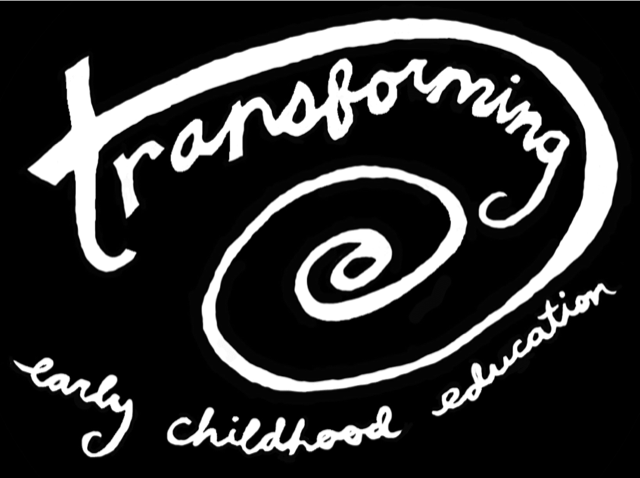Discipline vs Punishment
Discipline vs Punishment
Did you know that there are distinct differences between discipline and punishment? Discipline comes from the Latin words disciplina (teaching, learning, instruction) and discipulus (disciple, pupil). Discipline means teaching through support, guidance, and scaffolding. Punishment means inflicting suffering and shame for past behaviors. No one learns when someone inflicts suffering or shame on them!
While discipline invokes the thinking brain, punishment triggers the emotional brain. The emotional brain triggers a response of fear, rage, and anxiety. This response happens because the nervous system is activated, cortisol levels (stress hormones) rise, and our body sends the alarm to fight, fight, freeze, or fawn. Frequent fear inflicted on early brain development can lead to mental disorders, brain shrinkage, emotional dysregulation, lack of connection/trust, and undesirable behaviors. No one learns when someone inflicts suffering or shame on them!
In our early childhood programs, we want to focus on discipline. We want the thinking brain activated so young children feel safe and supported.
Effective Discipline Strategies:
Be warm, caring and understanding.
Behaviors = communication and needs to be met.
Observe the children in your classroom on a regular basis. Sit and be present while observing their interactions with their peers.
Focus on the reason behind the behavior.
Build an understanding of child development and developmentally appropriate practices. This will help you have realistic expectations.
Teach young children how to understand their body’s warning signs and identify their emotions. These are key components of self-regulation.
Provide tools and strategies for handling big feelings.
Set clear limits, be consistent and understand your own triggers.


